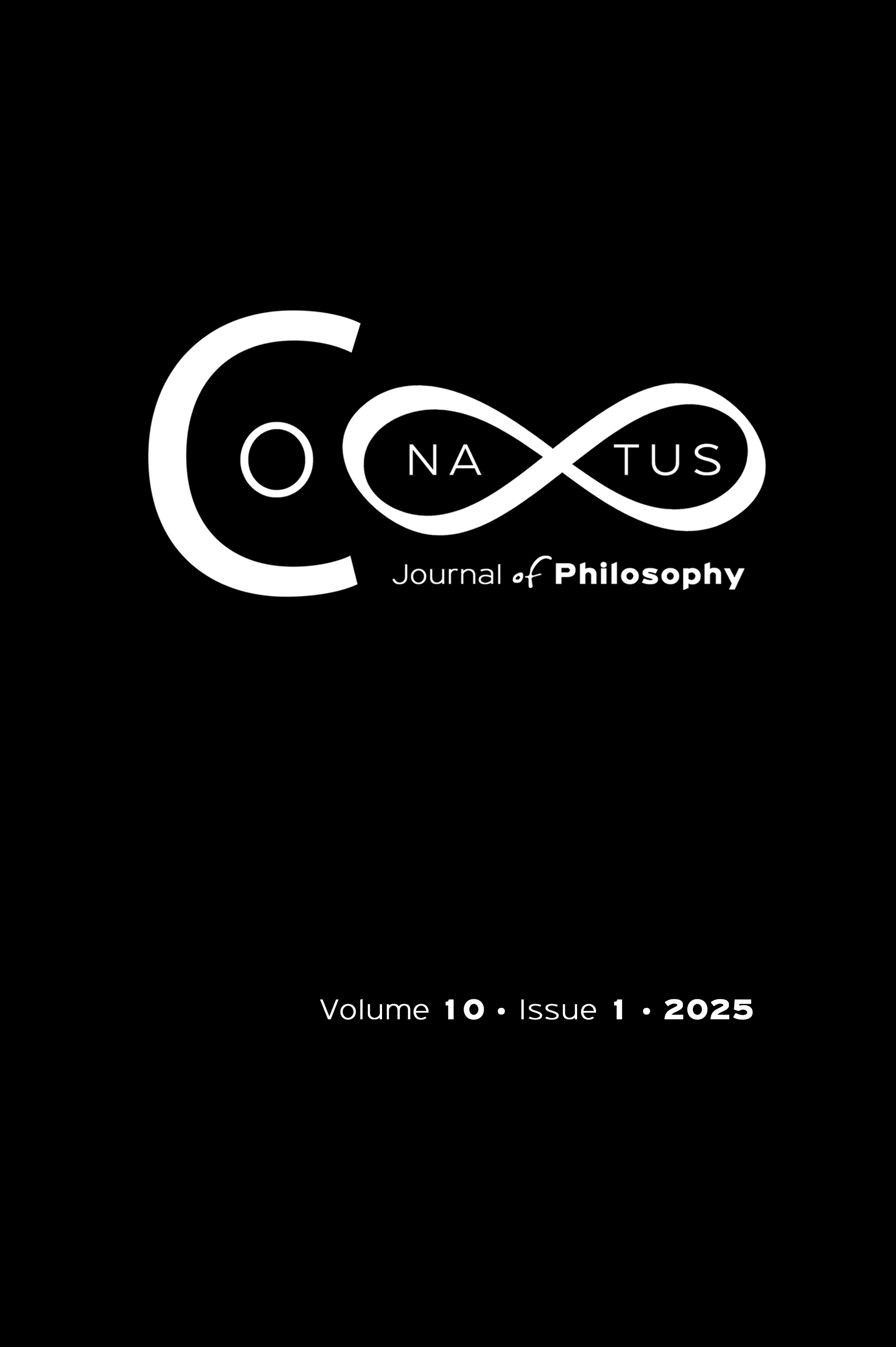Political Decision-making, Lottocracy, and AI

Abstract
This article examines an argument for single-issue legislatures (SILs) as an alternative to typical decision-making procedures in representative democracies. It is argued that if this argument was successful, it could be extended to endorse decision-making processes utilizing advanced artificial intelligence. However, it is noted that this argument neglects an important feature of decision-making: authorization. It is important for its autonomy that a society must authorize certain decisions. If decisions were delegated to SILs or AI, this would undermine the autonomy of the group. This does not entail that these alternatives have no role in policy-crafting. It is argued that so long as a community can authorize a decision, perhaps by a vote, it need not undermine autonomy. An important caveat of this, however, is that the decision must be explicable to the community. For AI usage, this motivates the need for explainable AI (XAI).
Article Details
- How to Cite
-
Slater, J. (2025). Political Decision-making, Lottocracy, and AI. Conatus - Journal of Philosophy, 10(1), 239–254. https://doi.org/10.12681/cjp.35215
- Section
- Articles

This work is licensed under a Creative Commons Attribution-NonCommercial 4.0 International License.
Authors who publish with this journal agree to the following terms:
Authors retain copyright and grant the journal right of first publication with the work simultaneously licensed under a Creative Commons Attribution Non-Commercial International License (CC BY-NC 4.0) that allows others to share the work with an acknowledgement of the work's authorship and initial publication in this journal.
Authors are able to enter into separate, additional contractual arrangements for the non-exclusive distribution of the journal's published version of the work (e.g. post it to an institutional repository or publish it in a book), with an acknowledgement of its initial publication in this journal.
Authors are permitted and encouraged to post their work online (preferably in institutional repositories or on their website) prior to and during the submission process, as it can lead to productive exchanges, as well as earlier and greater citation of published work.





